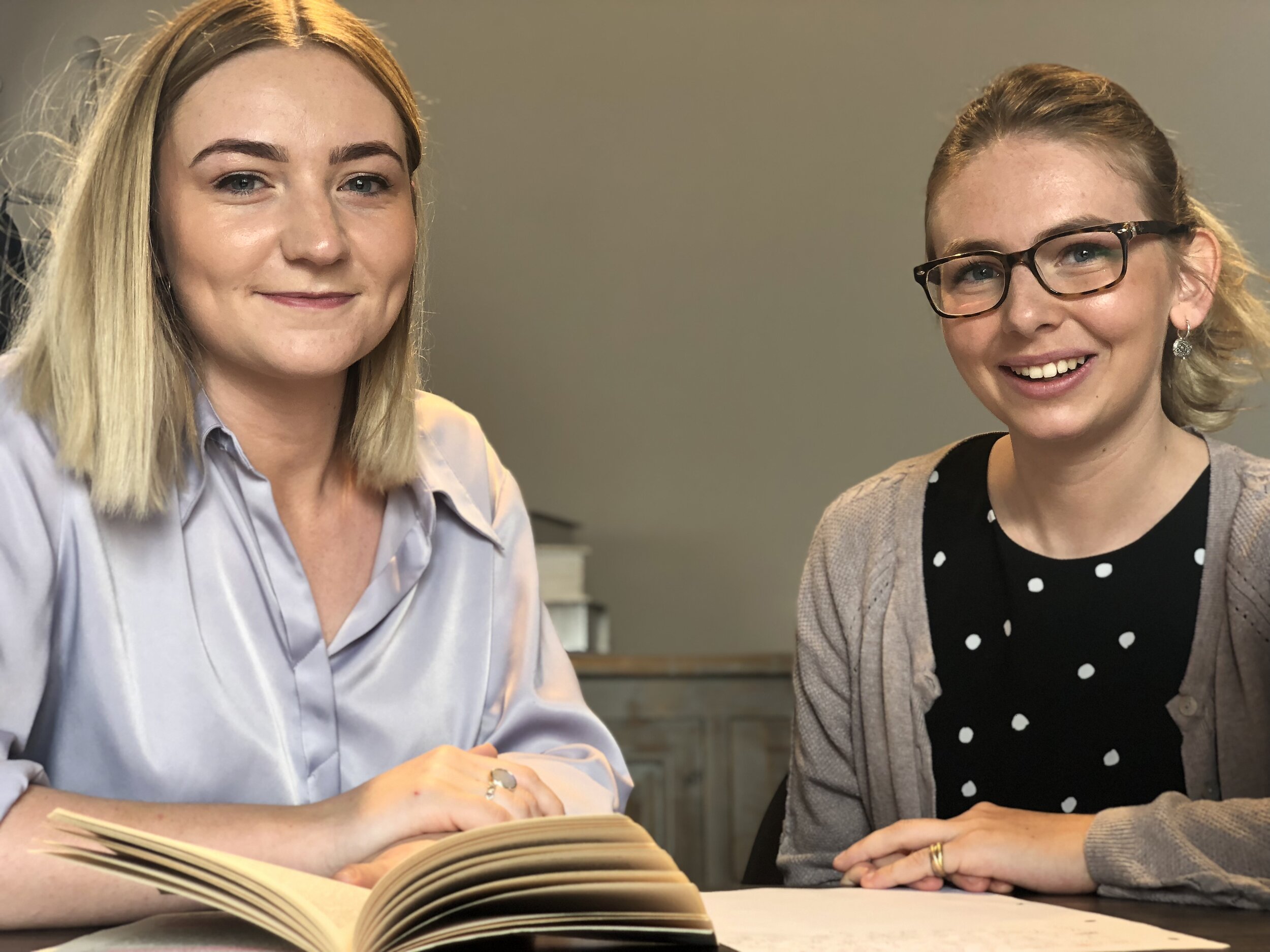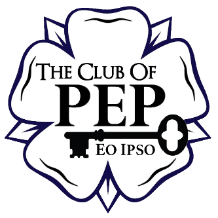Does it matter where you study PPE?
Definitely!! PPE was created at the University of Oxford, and it is the Oxford PPE graduates that lend this degree its reputation. There are more Oxford PPE-ists in the House of Commons than there are Etonians (I think it's something like 35 Oxford PPE-ists to 20 Etonians!). Off the top of my head, Edward Heath, Harold Wilson, Roy Jenkins, Ed and David Miliband, David Cameron, William Hague, Jeremy Hunt, Philip Hammond and Ed Balls are all politicians thats studied PPE at Oxford.
There are others in the vast UK political landscape who have studied PPE. For example news night's Evan Davies, the BBC's political editor Nick Robinson, the BBC’s economics editor Robert Peston and the director of the Institute for Fiscal Studies Paul Johnson. Rupert Murdoch is also among the infamous Oxford PPE graduates.
All of that and I haven't even touched on the impact that this degree has had globally! The most notable of these I think are Bill Clinton and and the Australian prime ministers Malcolm Fraser and Bob Hawke.
PPE at other universities doesn't boast the same impressive list of alumni, and yet has very similar module content and structure. York was the second University to provide this degree in the 1980s, closely followed by King's, Manchester and Warwick. Studying PPE at these Universities still holds a lot of gravitas, more so than if you were to study one of the subjects on their own, and very much helps with finding a graduate job.
What was the module structure like and which was your favourite module?
During the first year we had to choose between two module routes; one was more focused on econometrics and the other was more essay based (but there was no way of avoiding Maths 1... which if you failed led to you having to change your degree!). In the second and third years there was more module choice, but we still had to have credits in each of the three subject disciplines. So, for example in my final year I did one module on Financial, Economic and Capital Markets, another module on boarder politics and another on the value and meaning of life. It felt like studying three degrees at the same time, but constantly finding the ways that they all propped each other up. It is very much a degree based on breadth and not depth!
It is very hard to pick a favourite module, not only because they are so different, but also because each week is different and the same topics come up in different modules. For example, I studied 'Is there a right to Immigrate' by Michael Huemer in three different modules and took something different away from it every time.
“You are sinking deep boreholes into vast terrain. We teach you how to dig. It’s up to you to connect those boreholes.”
Is there anything that you think PPE offers that other degrees don't?
The PPE societies I think are more developed than any other subject society! Most run an annual PPE study trip to somewhere in Europe, for example I went to Brussels and Berlin. They also seem to run a social every single week which can be anything from a BBQ or Pub Quiz to a 12 hour Ball! Some, such as Warwick, even have their own charities and sports teams! Finally, a lot of the PPE societies get together every year and take it in turns to host a PPE symposium. Other than being a lot of fun and intellectually stimulating, this all helps PPE students to network on a large scale, which I think is one of the best aspects about this degree!
What A-levels do you need to do in order to study PPE?
It honestly doesn't matter! Most universities like it if you have got at least a B in A-level maths, and so I actually came to INICIO as a student in order to get help achieving that. I also did politics and economics at A-level, which really helped me when I got to York, but I know others who did all three sciences, or Maths, Art and English. As long as you get the grades (ABB or higher!) the universities don't really look at what subjects they are in.
Need help getting to where you need to be for this course - check out our subject pages:
Further Reading:





